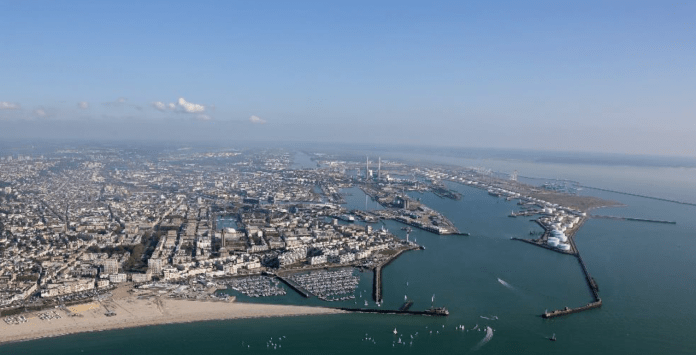Port of Le Havre, a member of the alliance of the ports of Le Havre, Rouen and Paris, has secured investment for its innovative Smart Port City Project in partnership with ‘Le Havre Seine Metropole’ Urban Community to develop digital solutions for increased efficiency and environmental performance.
The Smart Port City Project has 80 public and private sector partners and aims to tackle the challenges of the port, industry and city being in close proximity.
“We want to create the port of the future and provide a ‘smarter’ territory through a new integrated industry and port model,” Jérôme Besancenot, information systems manager at HAROPA Port of Le Havre explained. “The project will include developing and innovating a data exchange platform to provide more added value from digital data, including developing KPIs.”
France’s major container port already has a close link with International Port Community Systems Association (IPCSA) through its shareholding in SOGET, a port community system operator in France, which was a founding member of the association in 2011.
“Being a member of IPCSA will help us to stay aligned with the overall approach and to have a broader vision about international trade,” commented Besancenot.
The Port Authority of Le Havre operates a port community system that deals with ship calls, port operations, dangerous goods management, port dues and other matters. A few years ago, the Port Authority launched S-WiNG – Single Window Next Generation, which brings together the PCS (Port Community System) with SOGET’s new S)ONE solution.
Other initiatives include working with Waze, a GPS navigation software application, to optimise traffic flow when locks or bridges are closed; setting up an intelligent information system to track the movement of dangerous goods; using big data to monitor air quality, water quality and even acoustic underwater pollution; and working in partnership with industrial companies on a 5G proof-of-concept.
“We already have close links with IPCSA through SOGET and through our membership of PROTECT (a standard specialist group integrated into IPCSA in 2019),” stated Jérôme Besancenot.
“We are convinced that the way forward is to have more services within the supply chain and more interaction between PCS and supply chain providers. We want to work with IPCSA on priorities such as standards, including Blockchain and intelligent containers,” he added.







